Powering Innovation: How Battery Manufacturers Can Benefit from SR&ED Tax Credits
As the demand for advanced energy storage solutions accelerates globally, battery manufacturing stands at the forefront of technological innovation. Scientific Research and Experimental Development (SR&ED) tax credits provide vital support for overcoming the technological uncertainties inherent in developing next-generation batteries. Let’s explore the various challenges faced by battery manufacturers and how SR&ED tax credits can catalyze your research and development efforts.
Advancing Material Innovations
In the quest to enhance energy density, longevity, and safety, battery manufacturers are experimenting with new materials such as solid-state electrolytes, lithium-air compositions, and graphene. SR&ED tax credits can support these exploratory efforts to push beyond the current limits of battery technology.
Enhancing Safety Measures
Thermal runaway and other safety concerns are significant challenges in battery production. Developing new separators, cooling systems, and safety mechanisms to prevent catastrophic failures is a key area where SR&ED could play a crucial role, funding the necessary R&D to enhance safety.
Revolutionizing Manufacturing Techniques
Introducing novel manufacturing processes or upgrading machinery to increase efficiency and scale production involves substantial technological uncertainties. SR&ED tax credits can facilitate the development and refinement of these manufacturing innovations, helping to produce batteries with fewer defects and higher quality.
Innovating Recycling and Disposal
Developing efficient recycling methods to reclaim valuable materials from used batteries, or creating safe disposal methods for non-recyclable components, presents unique challenges. SR&ED tax credits encourage research into sustainable practices that minimize environmental impact.
Advancing Control and Management Systems
Creating sophisticated battery management systems (BMS) that optimize battery health, charge, and discharge is critical for extending the lifespan and safety of batteries. SR&ED could support the development of these advanced systems, ensuring batteries operate more efficiently.
Designing Novel Battery Form Factors
Battery manufacturers are increasingly required to produce batteries that are flexible, thin, or uniquely shaped for specific applications. SR&ED tax credits can help fund the R&D needed to innovate these specialized form factors without sacrificing performance.
Accelerating Fast Charging Technologies
Fast charging is essential for modern battery applications, yet it poses significant challenges regarding battery longevity and safety. SR&ED tax credits could support research aimed at overcoming these barriers, enabling quicker and safer charging solutions.
Extending Battery Life
Understanding and mitigating battery degradation mechanisms are critical for extending battery life. SR&ED can facilitate investigation into these mechanisms, potentially supporting efforts to enhance the overall lifecycle of batteries.
Battery Manufacturing: Reducing Costs
Finding cost-effective manufacturing solutions without compromising battery quality is a continual challenge. SR&ED tax credits can offset the costs of experiments and trials to discover cheaper, efficient production methods.
Leveraging SR&ED for Battery Manufacturing Excellence
For battery manufacturers, SR&ED tax credits can offer a substantial opportunity to mitigate the risks associated with high-stakes innovation. These credits not only support technological advancements but can also ensure that companies remain competitive in a rapidly evolving market.
Partner with Ayming Canada for SR&ED Success
To find out more about how SR&ED tax credits can support your battery manufacturing projects, or to assess your eligibility for these incentives, contact us today. Together, let’s energize the future of battery technology with innovation and supported by SR&ED!
Contact us today!
One of our experts will be in touch shortly.




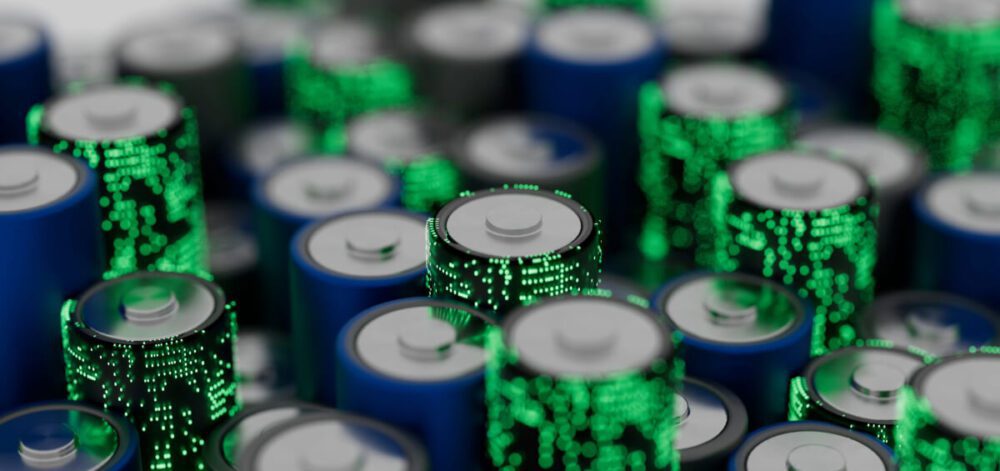

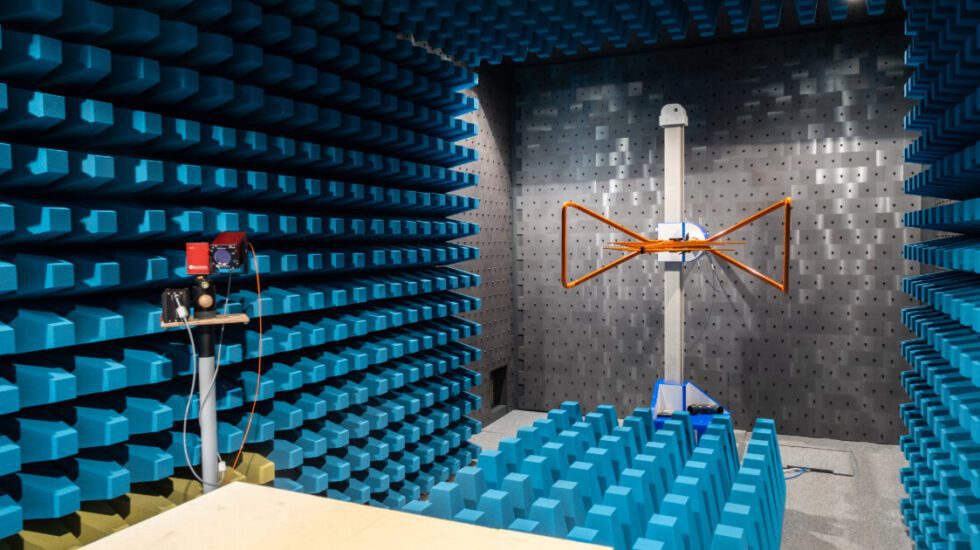

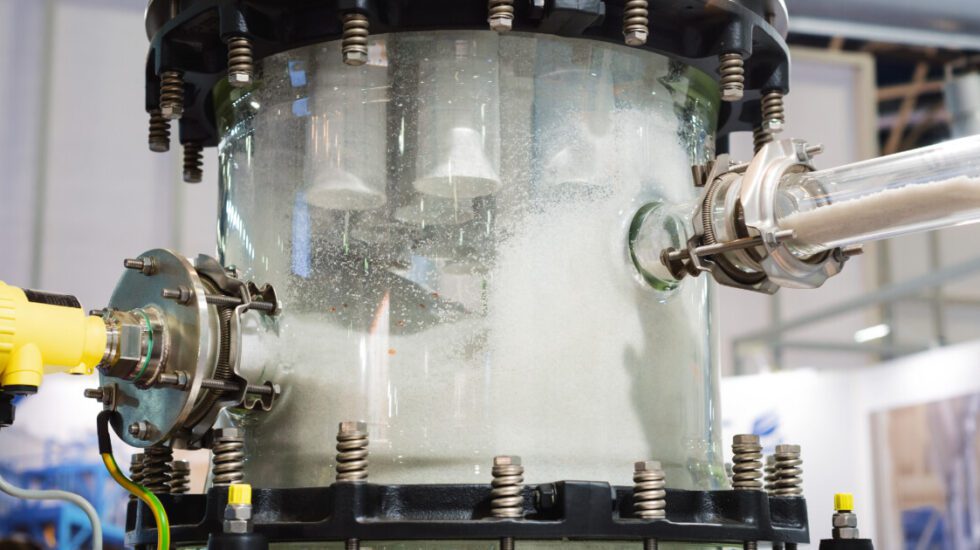
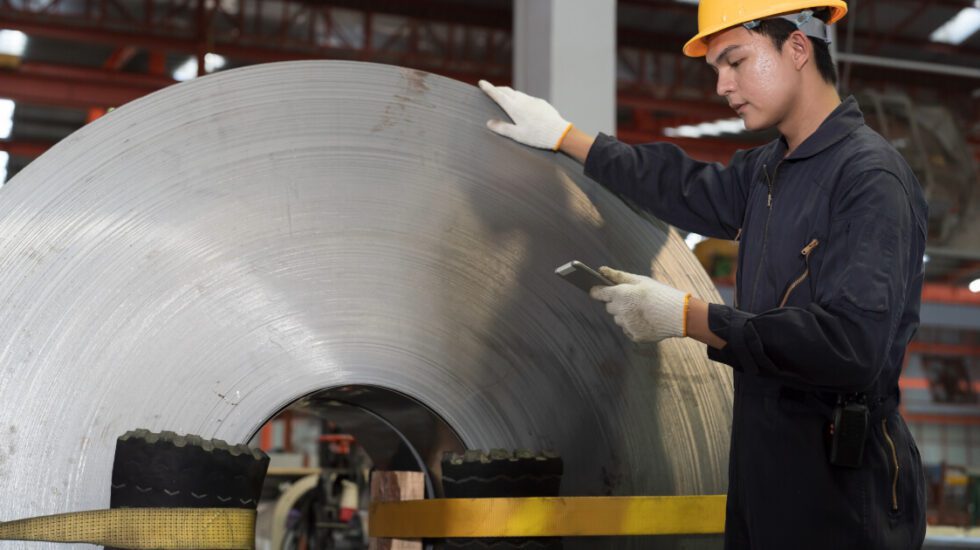
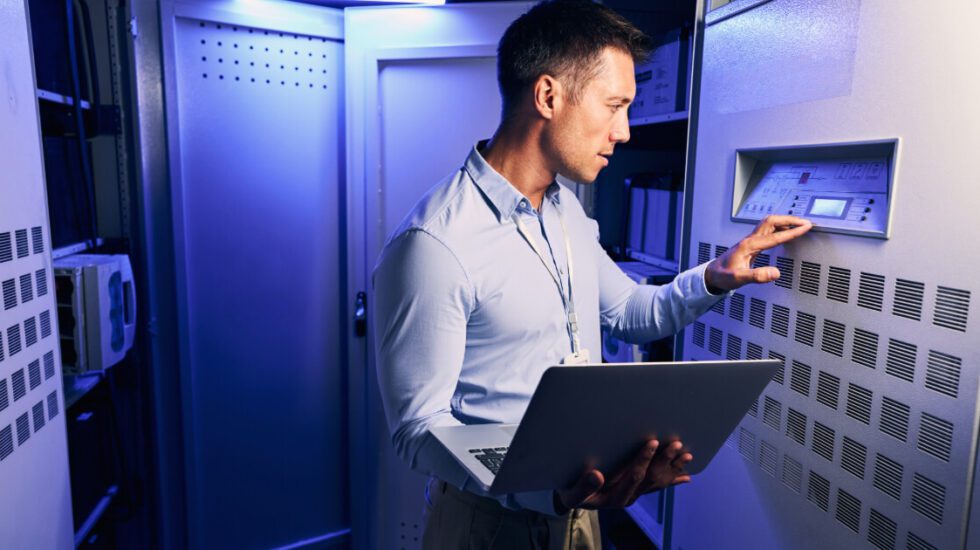



No Comments